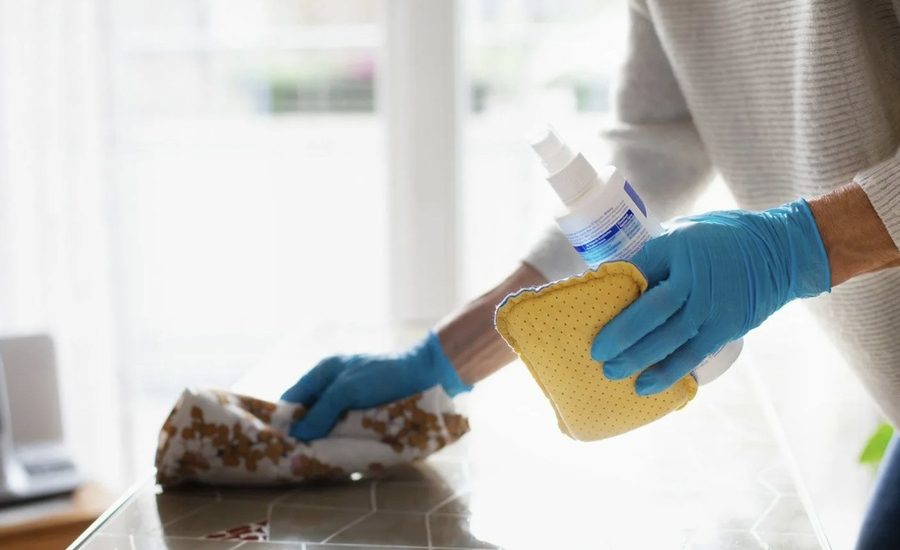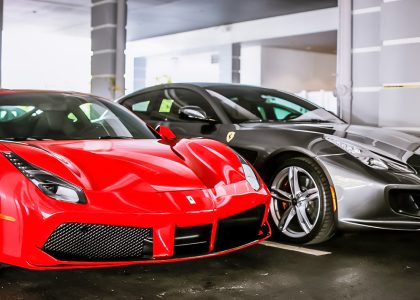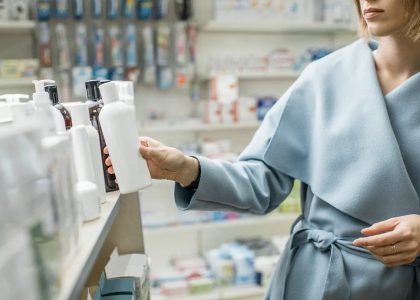Cleaning products have been integral to human civilization, transforming from rudimentary concoctions to sophisticated solutions. The evolution of these products is more than just a testament to technological advancement; it reflects our growing understanding of hygiene, health, and environmental sustainability. Today, regions like Dubai exemplify the adoption of cutting-edge cleaning technologies, setting benchmarks for the rest of the world. This article explores the gradual evolution of cleaning products globally, focusing on their impact and the strides made in markets such as cleaning products Dubai.
The Humble Beginnings
The origins of cleaning products date back to ancient civilizations, where people relied on natural substances for hygiene. Around 2800 BCE, Egyptians used soda ash mixed with animal fats to create early forms of soap. Romans took it further, combining oils and ash to produce soaps for personal hygiene and laundry. However, cleaning methods were rudimentary, and their primary aim was to tackle visible dirt rather than microscopic threats.
Even in the medieval era, cleaning was limited, largely due to a need for more understanding of bacteria and germs. It wasn’t until the late 19th century, with Louis Pasteur’s germ theory, that cleaning products began to target invisible pathogens, setting the stage for modern hygiene practices.
Industrial Revolution: The Catalyst for Change
The Industrial Revolution, which occurred between the 18th and 19th centuries, was pivotal for the cleaning industry. It introduced mass production techniques, making cleaning products more affordable and accessible. Soap manufacturers flourished, and the development of detergents in the early 20th century marked a significant leap forward.
By the 1940s, synthetic detergents, derived from petroleum and other chemicals, began to replace traditional soaps. These detergents offered superior cleaning power and became staples in households and industries worldwide. The post-World War II boom saw an explosion in various cleaning products, from laundry detergents to specialized solutions for glass, floors, and surfaces.
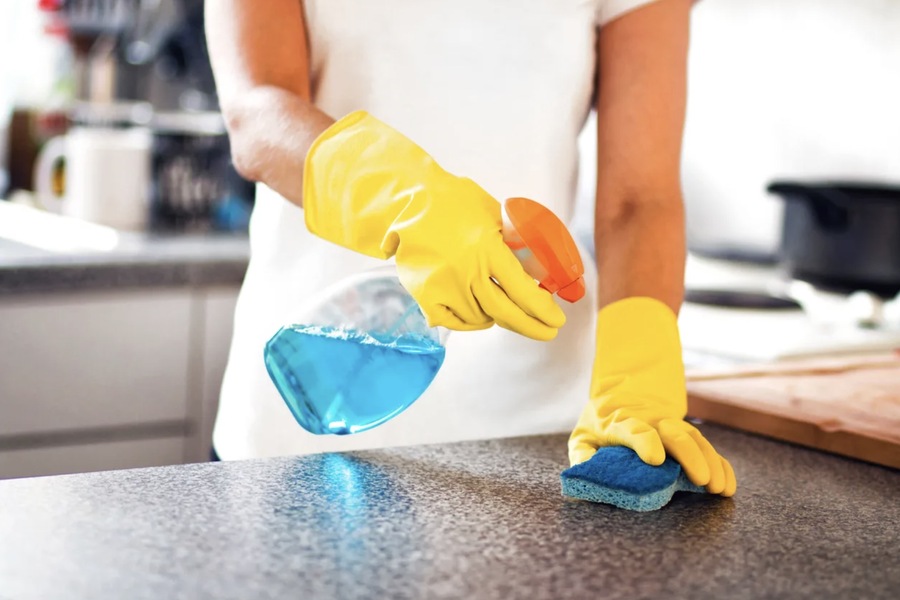
The Green Revolution in Cleaning
The latter half of the 20th century witnessed growing concerns about the environmental impact of cleaning products. Phosphates, common in detergents, were found to contribute to water pollution, leading to eutrophication in lakes and rivers. This awareness spurred the green revolution in cleaning products.
Companies began exploring eco-friendly alternatives, introducing biodegradable ingredients and reducing harmful chemicals. For instance, products with plant-based enzymes became popular as they provided effective cleaning while minimizing environmental harm.
According to a 2022 report by Statista, the global green cleaning products market is expected to grow at a CAGR of 8.5%, reaching $27.83 billion by 2026. This trend reflects the global shift towards sustainability, with regions like Dubai leading the charge.
Cleaning Products in Dubai: A Modern Benchmark
Dubai, known for its futuristic skyline and innovative practices, mirrors the global evolution of cleaning products while setting its standards. In a city where luxury and sustainability converge, cleaning solutions must meet high-performance standards without compromising eco-friendliness.
Dubai’s demand for advanced cleaning products has surged due to its rapidly growing urban landscape, luxury hospitality industry, and heightened hygiene awareness post-pandemic. From high-rise glass cleaners to industrial degreasers, Dubai’s range of cleaning products caters to diverse needs while adhering to strict environmental regulations.
Statistics Insight
A 2023 survey found that 87% of Dubai’s businesses prioritize the use of eco-friendly cleaning products. This has led to a significant rise in adopting biodegradable and non-toxic solutions, reflecting the city’s commitment to sustainable growth.
Technology and Innovation: The New Frontier
Today, cleaning products are as much about technology as chemistry. The integration of nanotechnology, for example, has enabled the development of products that repel dirt and bacteria for longer periods. Similarly, enzyme-based cleaners now dominate industries requiring precision cleaning, such as healthcare and food processing.
In Dubai, these innovations are shaping the future of hygiene. Automated cleaning systems integrated with smart cleaning products are becoming common in commercial spaces. For instance, robotic cleaners paired with waterless cleaning agents are now used in many Dubai hotels and malls, ensuring efficient and eco-friendly operations.
The Pandemic Effect: Redefining Priorities
The COVID-19 pandemic was a game-changer for the cleaning industry, bringing hygiene to the forefront of global consciousness. It led to unprecedented demand for disinfectants, sanitizers, and antiviral cleaning products. In 2020 alone, the global surface disinfectant market grew by 10.5%, reaching $4.8 billion.
In Dubai, the pandemic accelerated the adoption of high-performance cleaning products that offer dual benefits of cleanliness and safety. Products incorporating antimicrobial technology have become particularly popular, helping businesses and households maintain a germ-free environment.
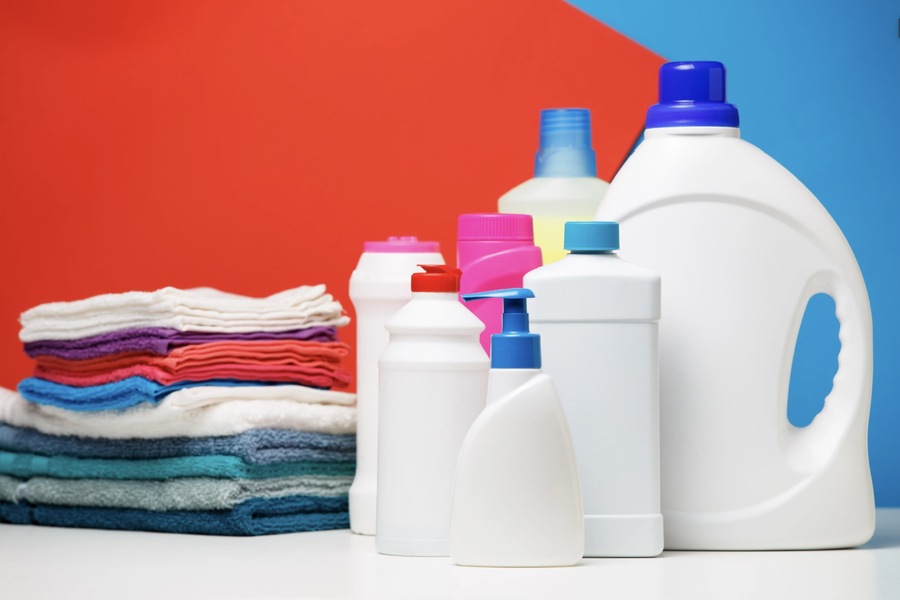
The Road Ahead: Sustainability and Beyond
The cleaning industry is steering towards greater sustainability as the world grapples with climate change. Waterless cleaning products, refillable packaging, and zero-waste initiatives are at the forefront of this transformation. With its vision for a sustainable future, Dubai is embracing these changes. Companies specializing in cleaning products in Dubai are innovating to create solutions that balance performance, cost-effectiveness, and environmental responsibility.
Future Outlook
By 2030, experts predict that Dubai’s cleaning product market will be heavily dominated by green and smart cleaning solutions, setting a global example of hygiene innovation.
Conclusion
The evolution of cleaning products globally, from ancient soaps to modern nanotechnology, underscores humanity’s relentless pursuit of better hygiene and sustainability. In this journey, cities like Dubai have become key players, showcasing how advanced cleaning products can harmonize with environmental goals. As industries and households continue to demand high-performance, eco-friendly solutions, the cleaning industry stands poised for another revolution that promises a cleaner, greener future for all.

Skydiver, shiba-inu lover, music blogger, vintage furniture lover and collaborator. Performing at the crossroads of aesthetics and purpose to express ideas through design. Let’s chat.

